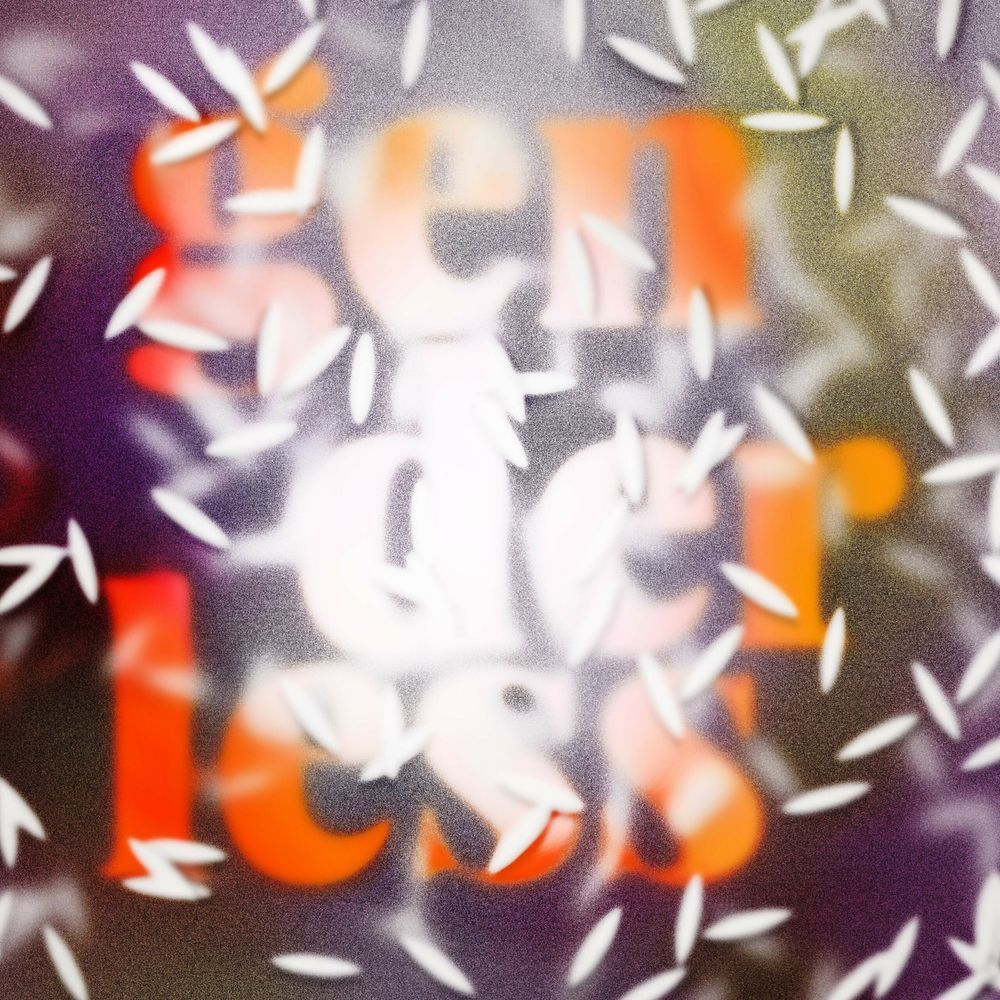Nairobi’s sustainable fashion and Australian LGBT fashion industry
Recycled clothing and products by Suave Studios (Suave Kenya) are becoming increasingly popular in the Kenyan capital. The company’s headquarters receives used fabrics, which tailors transform into rucksacks, postman bags, wallets and document cases. Second-hand clothes, jeans, leather jackets and suits imported from the USA and Europe are used to create fashionable and affordable clothing for students and employees. The creators of Suave Studios are inspired by Gikomba in Nairobi, East Africa’s largest outdoor second-hand clothing market.
“Genderless” is an increasingly fashionable word, especially at queer events where brands are keen to showcase their products to the LGBTIQ+ community. At the end of August this year, Australian companies – from retail chain of Dangerfield through Westfield shopping malls to Booking.com – established a cooperation with Australian queer youth charity – Minus18 to release non-binary ornaments and jewellery as part of Wear It Purple Day (it is an annual LGBTIQA+ awareness day for young people in Australia). Nigeria has become the first country in the world to decide to ban foreign models and voice-overs from appearing in advertisements. In this way, the authorities intent to support the local advertising industry and foster the development of indigenous talents. The Nigerian entertainment and media industry is estimated to be worth around $450 million in 2021, and according to PwC analysis, this part of the market is expected to experience very strong growth within the next five years.























